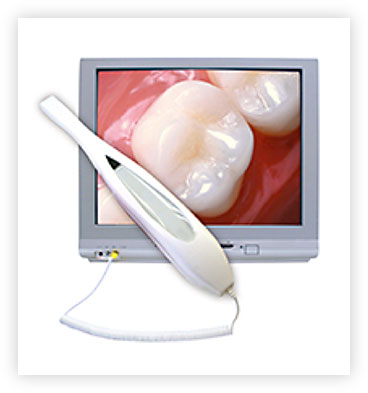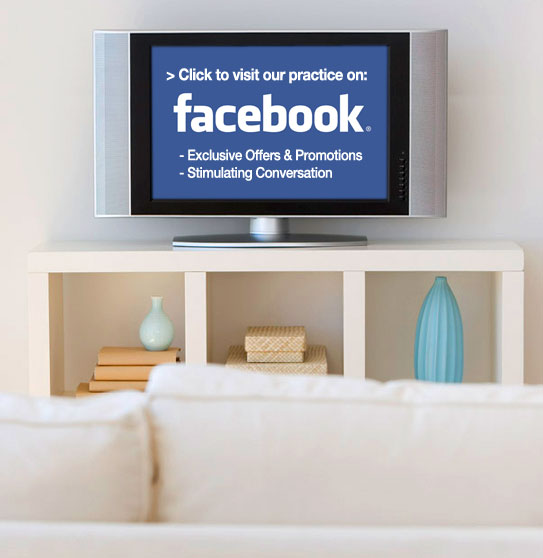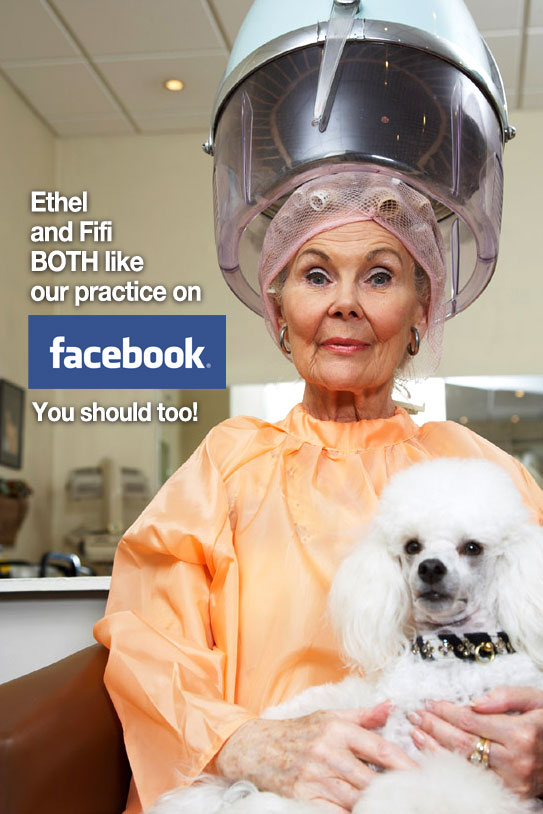MOST OF OUR PATIENTS KNOW THAT a visit to Lake Oconee Dentistry sometimes involves an x-ray or two. And though it’s true that discovering and treating oral problems before they get out of hand is best way to save unnecessary time, money, and pain, some people are skeptical about x-rays and have questions about their impact on health.
Well we have some good news for those of you with concerns—x-rays pose very little danger to your health…and the amount of radiation you receive during routine x-rays here at our practice is MUCH smaller than the amount you receive daily from natural radiation sources.
Exposure to tiny amounts of radiation is a natural component of life! Each year, the average United States citizen is exposed to about 360 mREM from common things like the earth itself, natural materials, cosmic radiation, and even from other people! In fact, the State Department of Health has set the yearly maximum safe radiation level at 5000 mREM.
Our dental x-rays only emit .30 mREM per unit…SO, even if you have a full mouth series taken, you’re still only being exposed to a mere 6 mREM! This means you’d have to have around 60 full-mouth series to really be at risk…and we promise we’ll never need to take that many in a year’s time!
X-rays are an important part of dental care, as we use them to diagnose problems that we might not otherwise be able to detect. We promise you’re in the best of hands here at our practice, so don’t let x-ray fears worry you.
If you ever have any questions or concerns regarding dental x-rays, please don’t hesitate to contact us!We would love to help put your mind at ease!


 FOR SOME OF US, THERE MAY BE A SIMPLER, YET EFFECTIVE way to have a drop-dead gorgeous smile. Here at
FOR SOME OF US, THERE MAY BE A SIMPLER, YET EFFECTIVE way to have a drop-dead gorgeous smile. Here at  YOU KNOW THE ROUTINE: brush your teeth daily, floss regularly, and have your regular checkups with
YOU KNOW THE ROUTINE: brush your teeth daily, floss regularly, and have your regular checkups with 
 Our intra-oral camera is an amazing handheld device that combines an extremely bright light source with a tiny, high definition video camera. Most intra-oral cameras look a lot like a writing pen, and when moved around inside your mouth, they give our team the ability to see enlarged, detailed images of the surfaces of your teeth, the condition of your gums, and other valuable information about the tissues inside your mouth.
Our intra-oral camera is an amazing handheld device that combines an extremely bright light source with a tiny, high definition video camera. Most intra-oral cameras look a lot like a writing pen, and when moved around inside your mouth, they give our team the ability to see enlarged, detailed images of the surfaces of your teeth, the condition of your gums, and other valuable information about the tissues inside your mouth.


